User Experience & Design Thinking

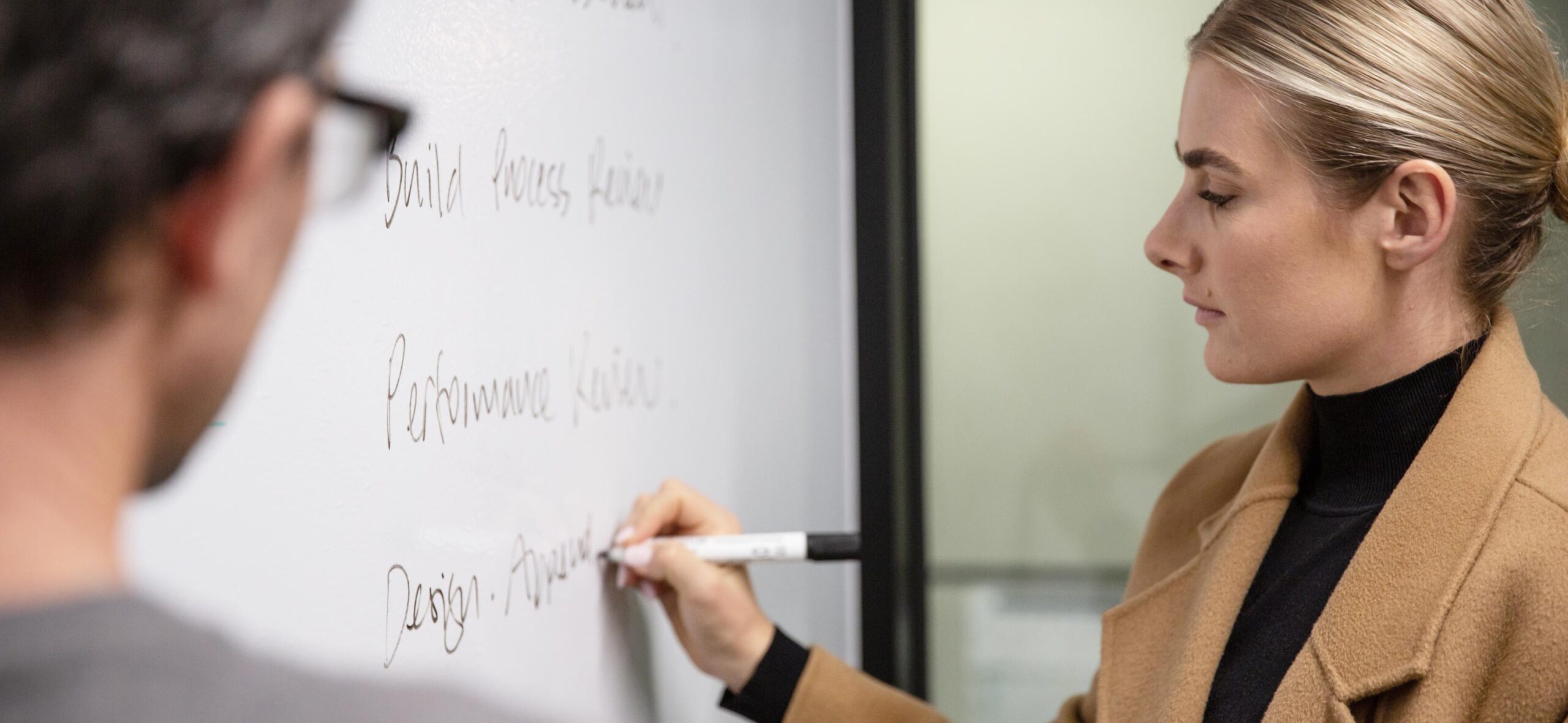

🥜
IN A NUTSHELL
We use a human-centred design approach to extend the power, impact, and value of your digital products.
“When I think — what are the customer problems our design team is helping them with, it oscillates somewhere between changing the world, and getting sh!t done.”

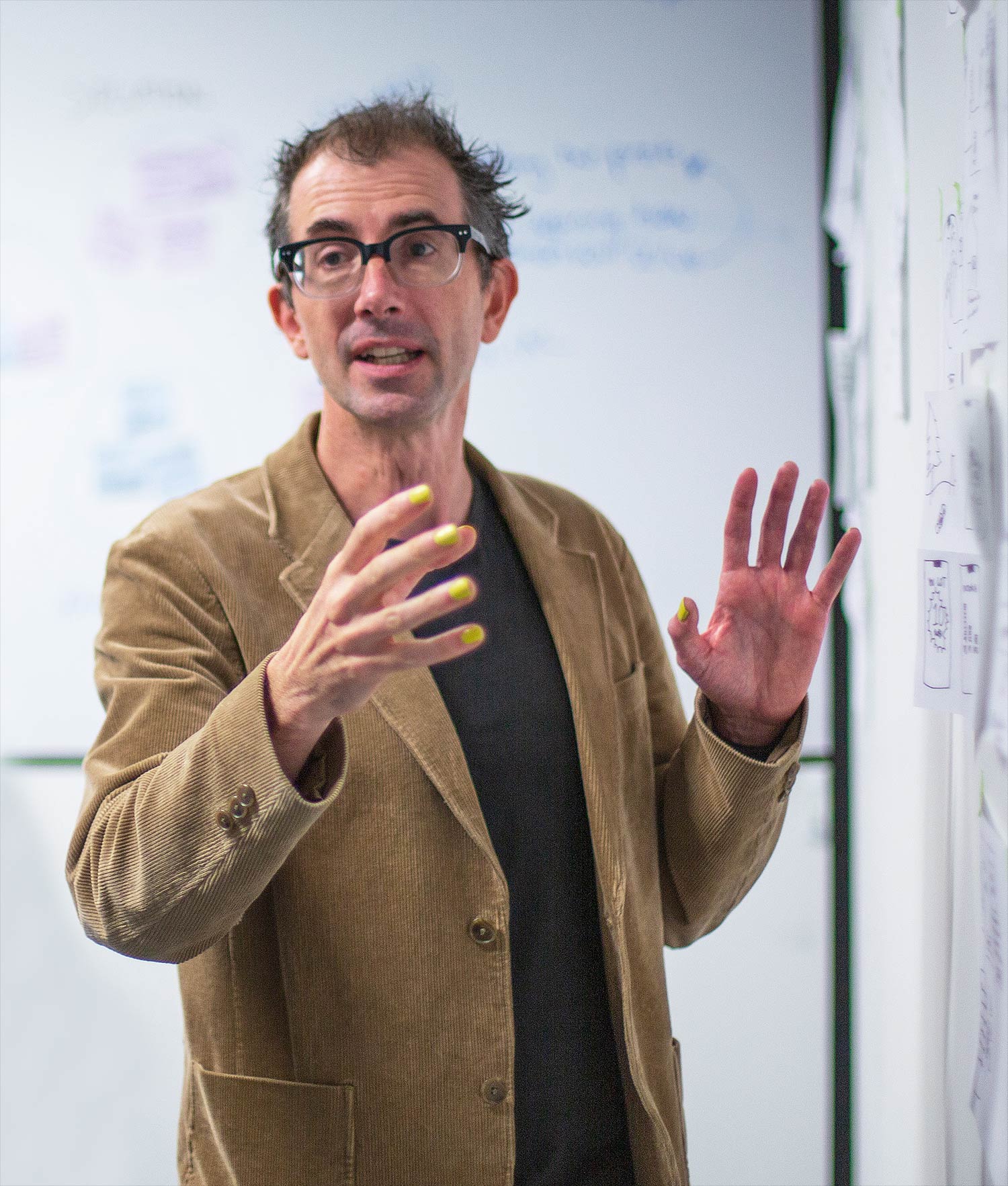

FEATURED PROJECT
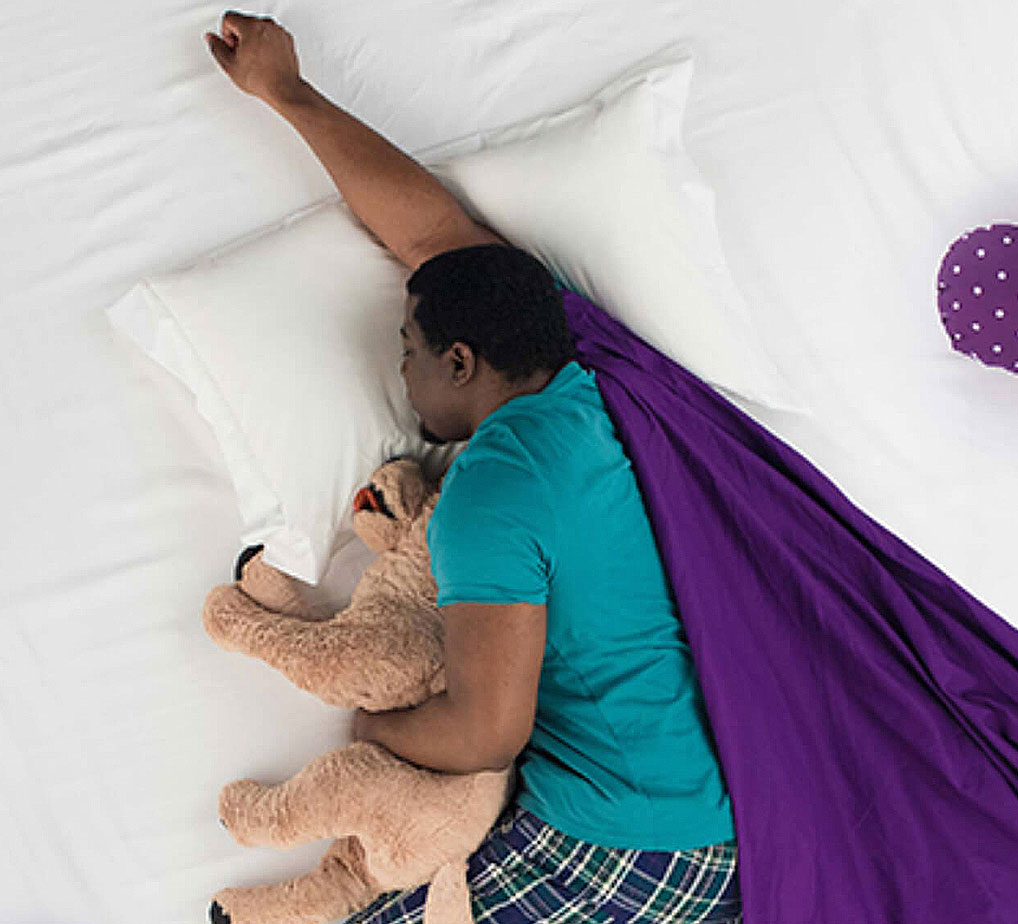

Fast Tracking Cancer Research Using Networked Smartphones
A human-centred design approach to extend the power, impact, and value of your digital products.
HOW WE CAN HELP
Our capabilities
Our team use design thinking and human centred design to create products with confidence.
We research a product’s place in the market, gather insights on customers and their pain points. We then generate a variety of innovative solutions to test and validate to ensure an excellent user experience.
This proven process essentially answers three questions: do customers want this? Can we make this? Is it viable?
- Building products with UX designers
- Shaping ideas through design sprints
- Understanding customers and discovering value through customer journey mapping and personas
- Improving experiences with heuristic reviews, usability testing and category benchmarking
- Improving accessibility through empathy labs and product audits
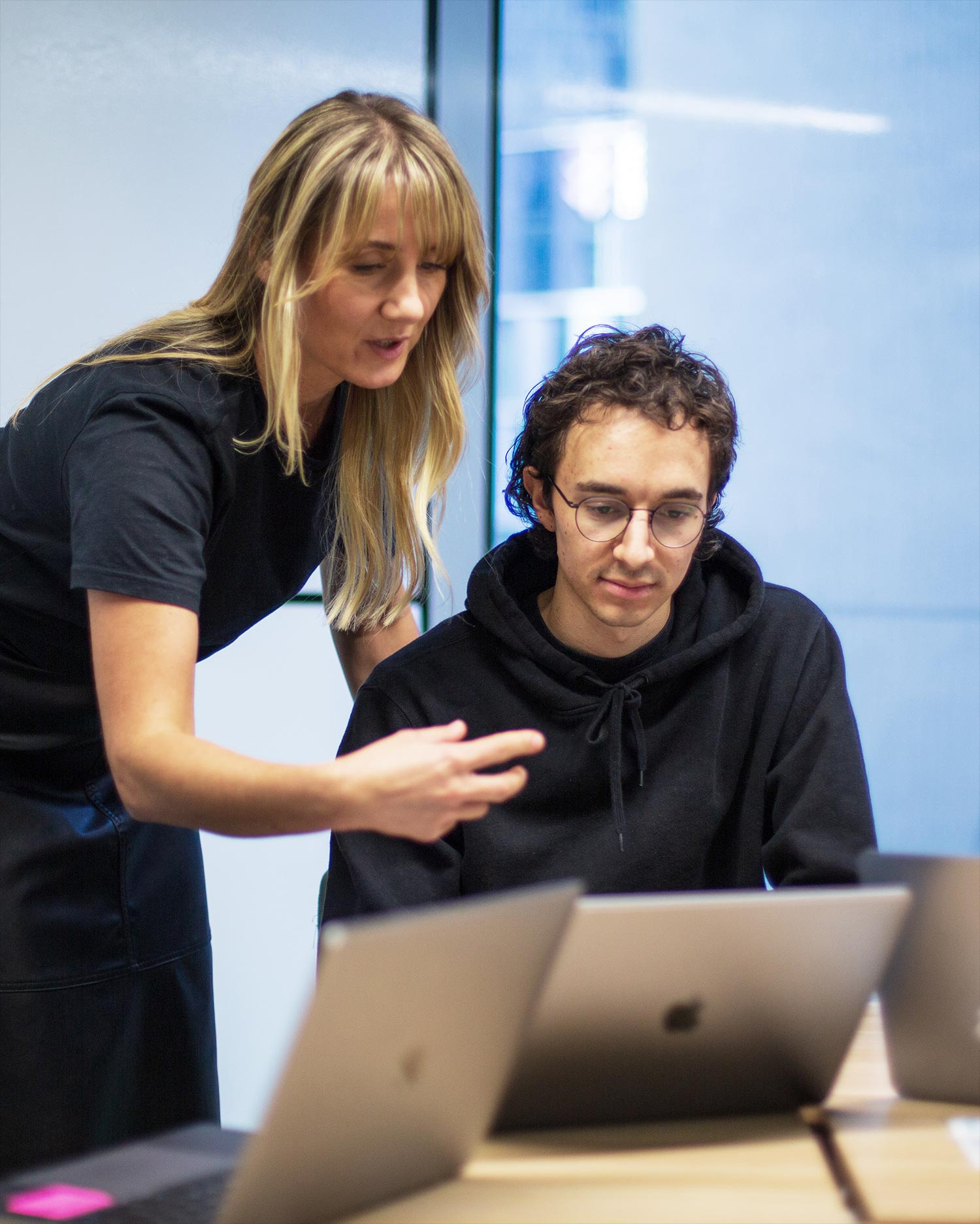
PRINCIPLES
Our design principles
Users at the heart of design
User’s needs to drive the design. We aim to alleviate their pain points, enhance their motivations and streamline their experience wherever possible.
Qualitative Research
User Interviews and usability testing sessions with users to be one-on-one, so that we can delve deeper into the “why” behind their attitudes and behaviours.
Iterative design guided by evidence
Measuring the impact of changes from iteration to iteration through user feedback and the User Experience Questionnaire (UEQ). Changes are backed by data not opinions.
Validation preceding implementation
Whether via Guerilla testing or with actual users, with sketches or a high fidelity prototype, each design should be tested before we make a larger investment in its implementation.
Universal design
Design in a manner in which the design solution can be accessed, understood and used to the greatest extent possible by all people regardless of age, race or ability – be it physical or mental.
Collaborative Design
Ensuring a design solution is desirable, viable and feasible requires the collaborative effort of team members with different mindsets and expertise (e.g. software engineers, product owners, stakeholders)
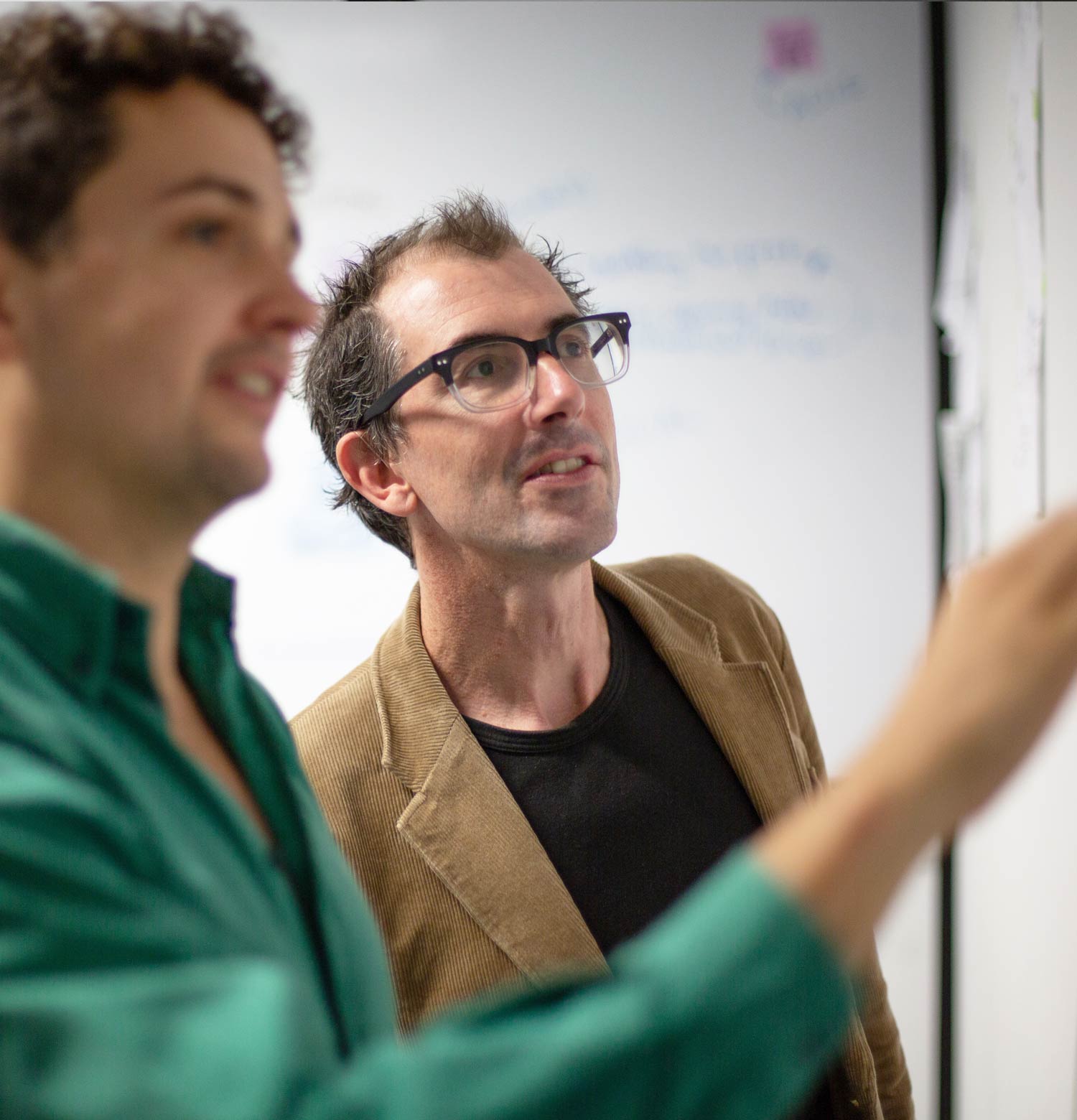
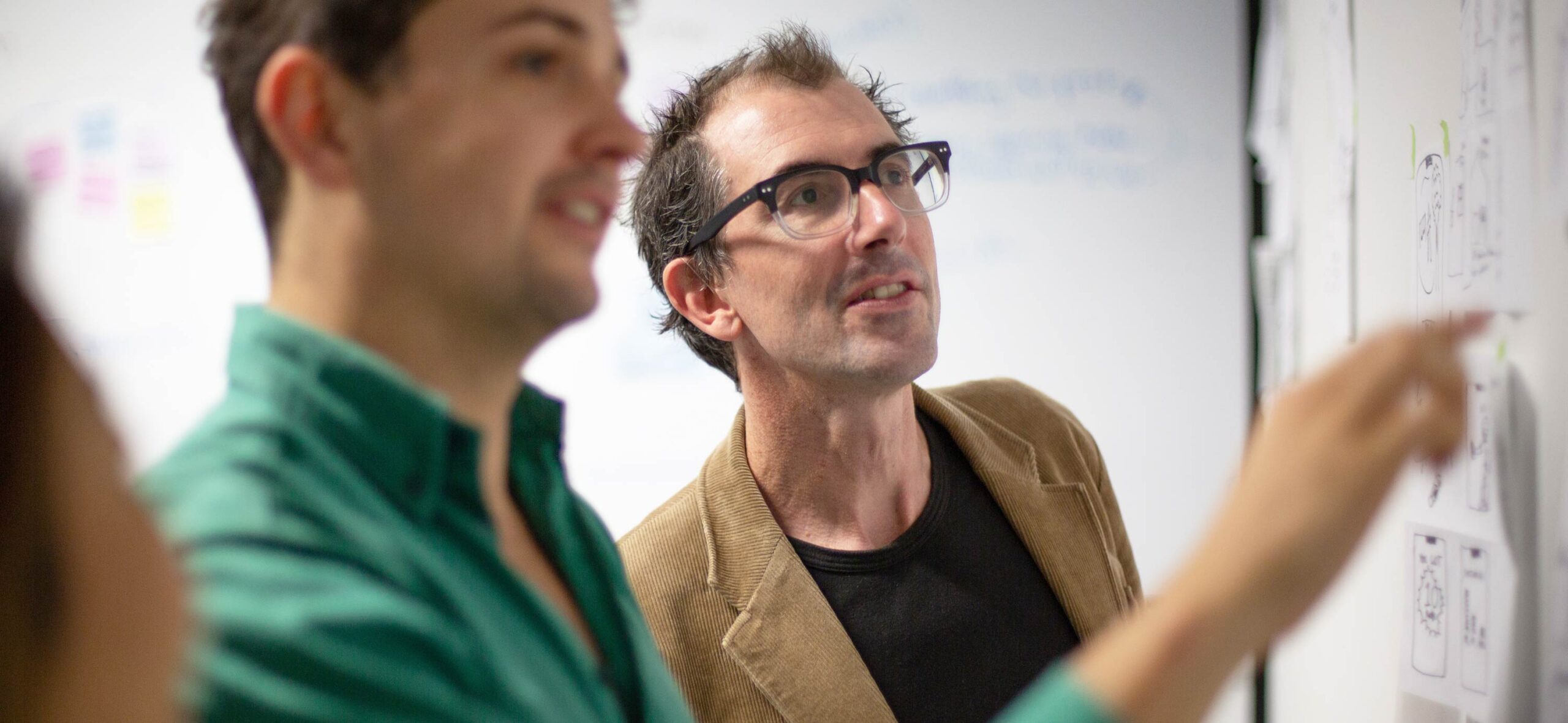

OUR PROCESS
How we work
Transpire doesn’t make assumptions about what our users want or assume that our clients or staff are stand-ins for these users – we conduct just enough research to obtain an excellent understanding of the relevant user base and validate any hypotheses.
We then develop a vision based on business objectives and customer needs. Our discovery stage highlights key opportunities to relieve pain and create wins, while outcomes can include vision statements, mood boards from competitors, personas, and draft customer journeys, which will continue to evolve.
Transpire also runs design studios with our clients (and sometimes with their customers) to co-design solutions. A variety of specialists are included to ensure a broad set of ideas. These sessions allow for the rapid design of solutions which are desirable, feasible and viable.
Following our co-design sessions, we explore and synthesise the best ideas into low-fidelity wireframes. These wireframes act as a blueprint for the final design, allowing us to gain feedback from the wider Transpire team and our clients before committing to polished high-fidelity prototypes.
Once everybody is on board with the designs, we evolve them into high-fidelity clickable prototypes. These prototypes include client branding and best-practice design interface guidelines, and are checked by our delivery team for feasibility.
Finally, we test our designs with users to ensure that our team has successfully addressed their pain points and created a value proposition. People with accessibility needs are included in this testing to ensure that our designs are as inclusive as possible. We can then make improvements based on this feedback.



